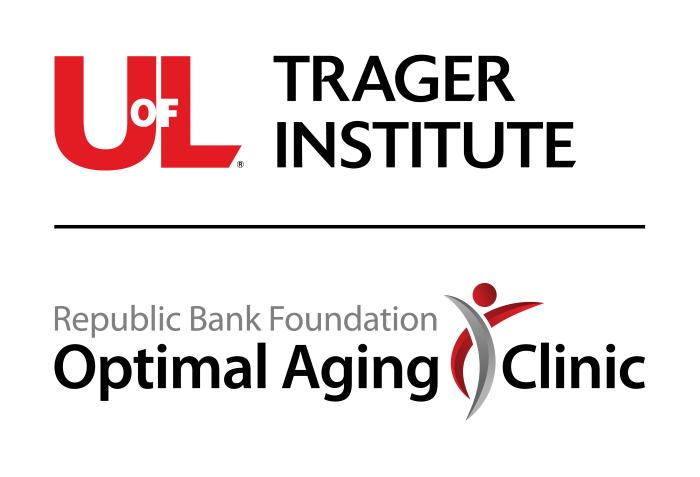Don’t Get Scammed! Tips for Preventing Financial Scams During COVID-19

In troubled times “crooks/scammers/thieves” try to take advantage of unsuspecting individuals. They look and sound sincere, but they are capitalizing on our desire to protect ourselves. It is good to remind ourselves what NOT to do.
Be Aware of Types of Scams
The April 2020 AARP Bulletin had some great advice on avoiding fraudulent scams and reported that older adults lose as much as $3 billion dollars a year to fraud schemes. Here are some of the tips provided in the AARP Bulletin:
- COVID-19 Scams: If you get an email, call, or a knock on the door offering a coronavirus vaccine or access to critical medical equipment beware because it probably is a con. You will be asked for your credit card information for tests that you will never receive, or you will be provided an email link to click that will put a malicious virus on your computer.
- Medicare Scams: If someone calls, emails, or knocks on the door to tell you that you can get a free DNA swab test for cancer, medical devices or medical services beware because it may be a “con.”
- Amazon Scams: Scammers pretend to be Amazon representatives telling you that they cannot deliver your package unless you confirm your credit card number. They do this by phone or email. Be extra careful because the email will look like it is coming from Amazon.
- Census Scams: Imposters pretend to be census takers and ask for your social security number or credit card information. They may try to scare you, telling you it’s mandatory that you give them this information.
- Election Scams: Scammers send out fake ads as political action committees or pose as pollsters or campaign volunteers via phone, email, social media posts, or even a knock on the door. Always reach out to your candidate directly.
- Job Scams: Crooks find victims using online search tools to look for resumes or job seekers. You may be contacted by someone who is offering you the job of a lifetime and a check to cover your expenses, but they need you to wire money or send a gift card to cover their expenses.
- Romance Scams: Scammers look for victims on dating sites or social media. They create profiles of themselves using stolen photos of attractive people, a practice called “catfishing.” They play on the loneliness of their victim and convincingly say they found their true love. Soon after, they begin to ask for money for plane fare or medical bills.
According to the AARP article scamming is big business, run like a fully functioning business with staff who buy “leads” of potential victims and other trained staff who make the pitch to the unsuspecting victim.
Preventing Scams & What to Do If You are a Victim
I have found that many times we tend to be too “nice” and don’t want to hurt anyone’s feelings. In the case of fraud, “being nice” can be our worst enemy. Don’t open any suspicious emails, answer calls from numbers that you don’t know, or respond to letters that ask you to call and give private information - even if the letter is on company stationery that you are familiar with. Never give your Medicare or social security number for “free” medical devices or care to anyone over the phone, email. If someone knocks on your door and you don’t know them, don’t open the door or if you open the door, close it quickly.
A great way to stay aware of recent scams in your area of Kentucky is to sign up for scam alters from the Kentucky Attorney General. You can receive these notifications via email or text. Click here to sign up and learn more about this prevention program.
If you are a victim of fraud, don't be too hard on yourself. Instead, act quickly and contact any of the following resources:
- Call the AARP fraud hotline at 877-908-3360
- Visit the Fraud Watch website at aarp.org/money/scams-fraud/
- Contact the Kentucky Cabinet for Health and Family Services Fraud line at (800) 372-2970
- The KY Attorney General’s Office at 888-432-9257
- Elder Serve Emergency Crisis Response Team at 502-587-8673.
Unsure where to turn? Feel free to call the UofL Trager Institute at 502-588-4340 and we can help point you in the right direction.
Rather than focusing on being suspicious, let’s all just be “overly precautious”. Let’s all commit to being aware of potential cons and look out for ourselves and our neighbors who may not be aware.
Many thanks to AARP for being a great advocate for older adults!
Blog Contributor:
 Anna C. Faul, PhD
Anna C. Faul, PhD
Executive Director,
Republic Bank Foundation Optimal Aging Clinic
University of Trager Institute
[email protected]

 Don’t Get Scammed! Tips for Preventing Financial Scams During COVID-19
Don’t Get Scammed! Tips for Preventing Financial Scams During COVID-19 